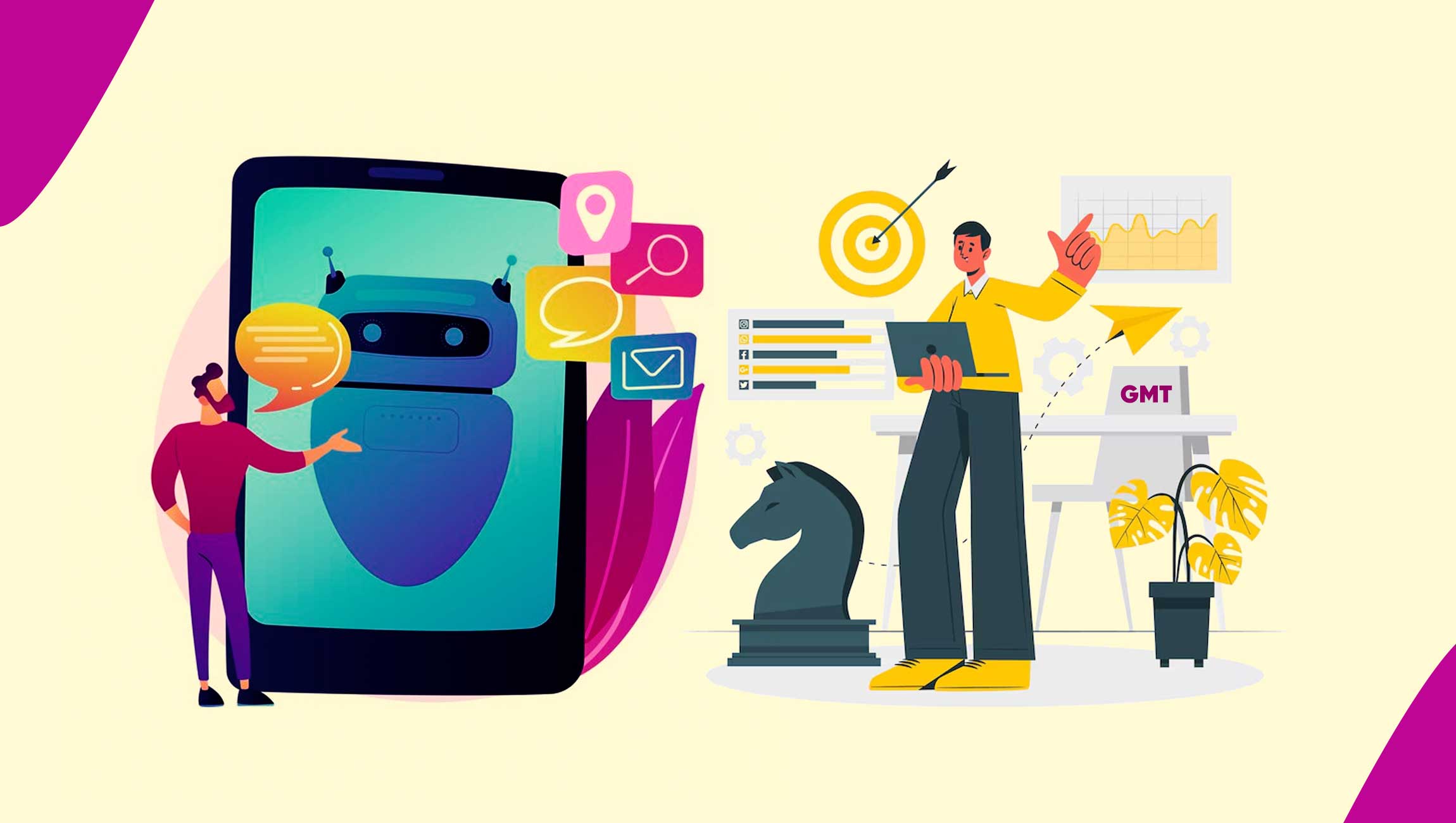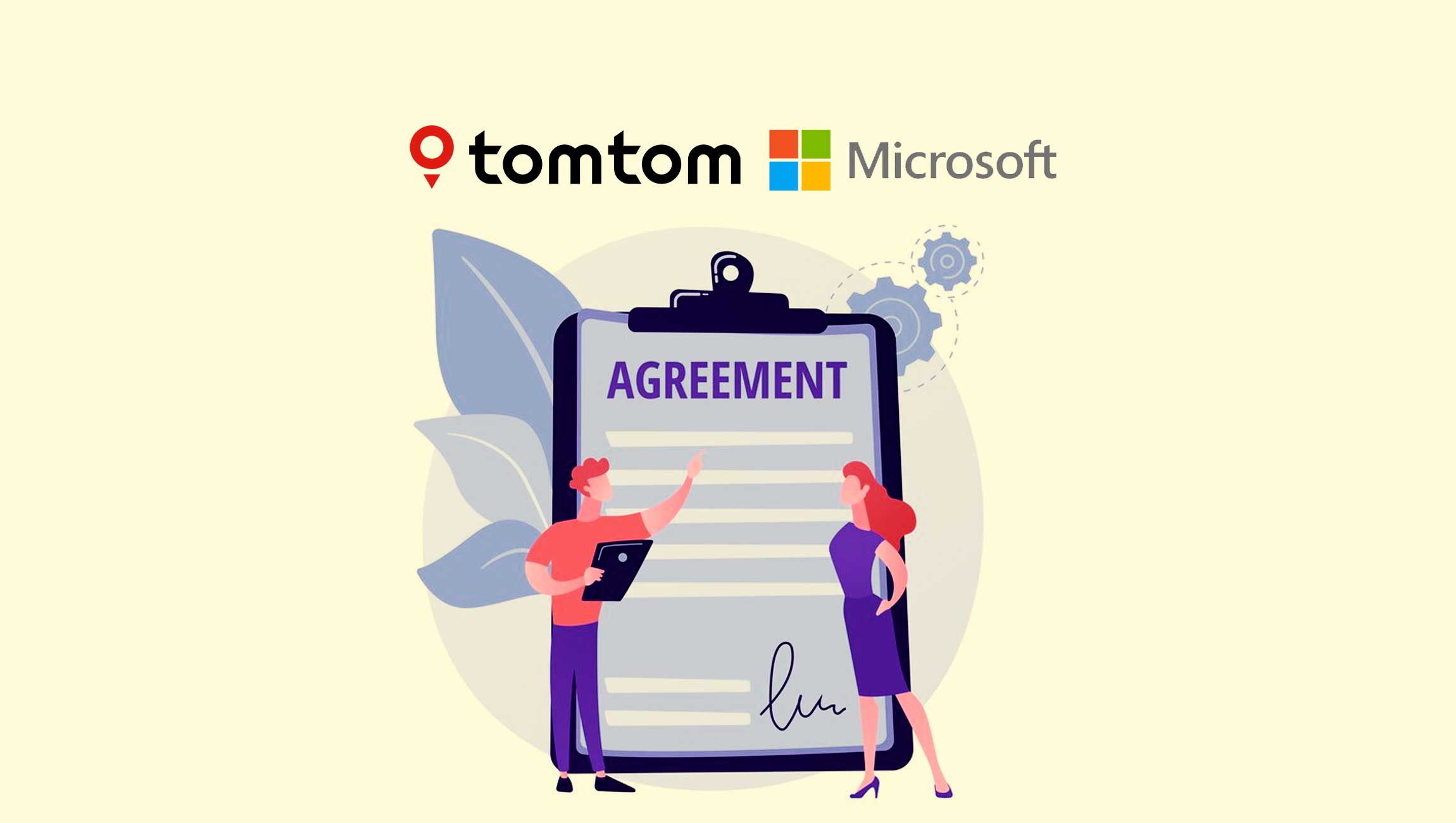Within the bustling domain of B2B marketing, WhatsApp has risen as a robust influence, solidifying its role as the go-to resource for professionals eager to deepen their digital market relationships. Surpassing the two billion mark in active users, the ascent of WhatsApp to distinction is anchored not merely in its expansive network but also in its proficiency in fostering prompt, tailored interactions.
Organizations are tapping into this platform’s potential to distribute content, conduct conversations directly, offer customer support, and finalize transactions with remarkable speed and efficiency. This adoption underscores a shift towards more conversational marketing tactics, where the immediacy of messaging converges with the nuance of personal interaction, offering a blend of accessibility and intimacy that is reshaping the B2B landscape.
Harnessing WhatsApp for Effective B2B Marketing
WhatsApp stands at the forefront of B2B marketing tools today, distinguished by its suite of features tailored for professional engagement. Here’s how it’s revolutionizing the industry:
1. Secure Communication:
With end-to-end encryption, WhatsApp provides a fortress for communication, ensuring that every transaction and negotiation is shielded from external threats, thereby preserving the integrity and confidentiality of business discussions.
2. Collaborative Groups:
By facilitating real-time messaging among team members, WhatsApp streamlines workflow and fosters a collaborative environment. This feature supports project management and enhances team synergy through efficient coordination and exchange of ideas.
3. Multimedia Messaging:
WhatsApp’s capability to send various forms of media, including documents, images, and videos, is invaluable for delivering detailed product information and engaging visual content, making interactions with clients and partners more impactful and memorable.
4. Business API Integration:
The WhatsApp Business API caters to the automation of customer interactions, providing scalability for growing B2B operations. It allows for the integration of messaging services into existing customer relationship management systems, thus enabling personalized communication at scale.
5. Status Updates:
Utilize the ‘Status’ feature as a dynamic tool for broadcasting timely business updates, new offerings, and insights. This function serves as an instantaneous marketing vehicle, keeping your network informed and engaged with your company’s latest developments.
Marketing Technology News: MarTech Interview with Eli Finkelshteyn, Founder and CEO at Constructor
Evaluating WhatsApp as a B2B Marketing Channel: Benefits and Drawbacks
As we navigate the rapid currents of today’s digital realm, WhatsApp has transitioned from a simple chat application to an influential marketing conduit. Its intuitive design and mass acceptance render it a compelling option for companies intent on amplifying their marketing initiatives. Yet, to fully assess its utility for B2B marketing, it’s crucial to examine both its strengths and potential challenges.
Pros of Using WhatsApp for B2B Marketing
1. Accessibility and Reach:
WhatsApp boasts a global user base exceeding two billion, offering B2B marketers vast reach. The platform’s presence on nearly every professional’s smartphone means that marketing campaigns can penetrate at a personal level, bypassing the clutter of traditional email marketing.
2. Enhanced Engagement:
The app’s instant messaging capability allows for real-time engagement with clients and prospects. Unlike emails that might go unread, messages on WhatsApp typically receive prompt attention, leading to higher engagement rates.
3. Personalization at Scale:
Through the WhatsApp Business API, marketers can automate messages without losing the personal touch. This API can segment audiences and tailor communications based on client interactions, preferences, and past behavior, making marketing efforts more relevant and effective.
4. Rich Media Capabilities:
WhatsApp’s support for various media types enables marketers to employ a multimedia approach. From detailed brochures in PDF format to engaging video demos, marketers can leverage the content format that best conveys their message.
Cons of Using WhatsApp for B2B Marketing
1. Perceived Intrusiveness:
Unlike emails or LinkedIn messages, WhatsApp is often regarded as a personal space. Unsolicited messages can be seen as intrusive, potentially damaging the brand’s reputation and client relationships.
2. Limited Analytics:
While WhatsApp provides read receipts, it lacks in-depth analytics and tracking features found in more sophisticated marketing platforms. This limitation can make it challenging to measure campaign performance and ROI accurately.
3. Scale and Management Challenges:
For larger organizations, managing customer communications via WhatsApp can become unwieldy. The platform is not inherently designed for handling large volumes of messages, which can lead to inefficiencies and missed communications.
4. Regulatory and Compliance Issues:
In certain jurisdictions, marketing through WhatsApp can be complicated by strict regulations regarding data protection and user consent. Businesses must navigate these legal waters carefully to avoid penalties.
Conclusion
WhatsApp presents a double-edged sword for B2B marketing. Its direct and personal approach can yield high engagement and open up new avenues for customer interaction. However, its limitations in analytics and potential for perceived intrusion necessitate a strategic and measured approach. Companies considering WhatsApp as a B2B marketing channel must weigh these factors to ensure that the platform aligns with their broader marketing objectives and compliance requirements. With careful planning and execution, WhatsApp can indeed be a valuable addition to the B2B marketer’s toolkit.
Marketing Technology News: A Breakdown of Drone Advertising and What’s in Store











